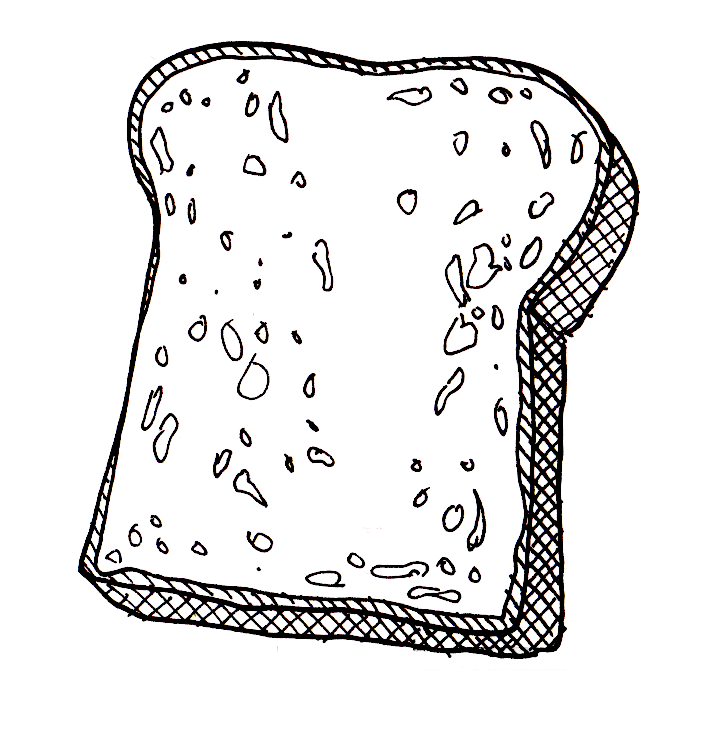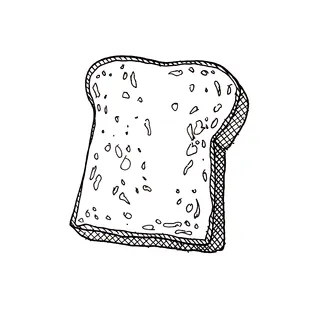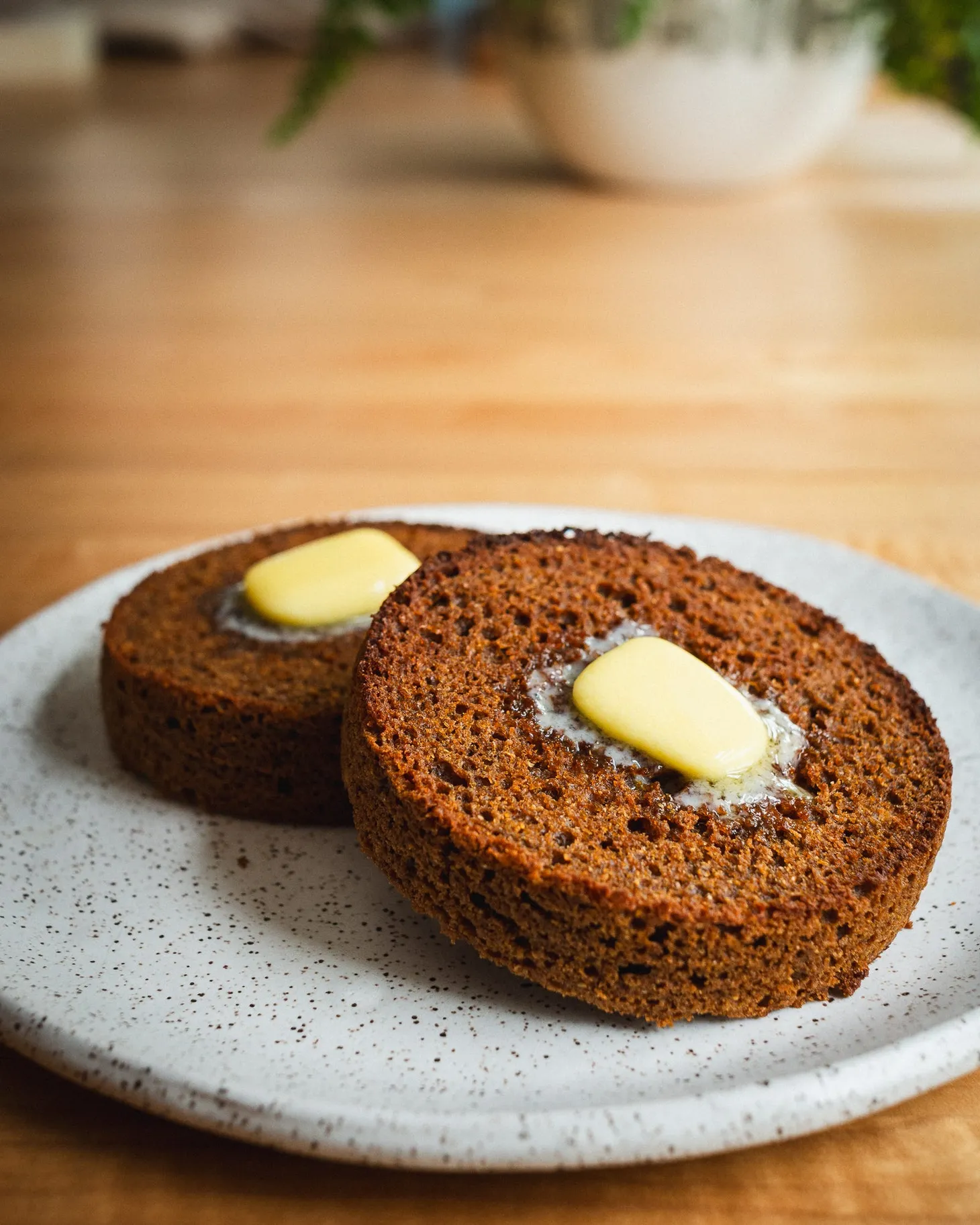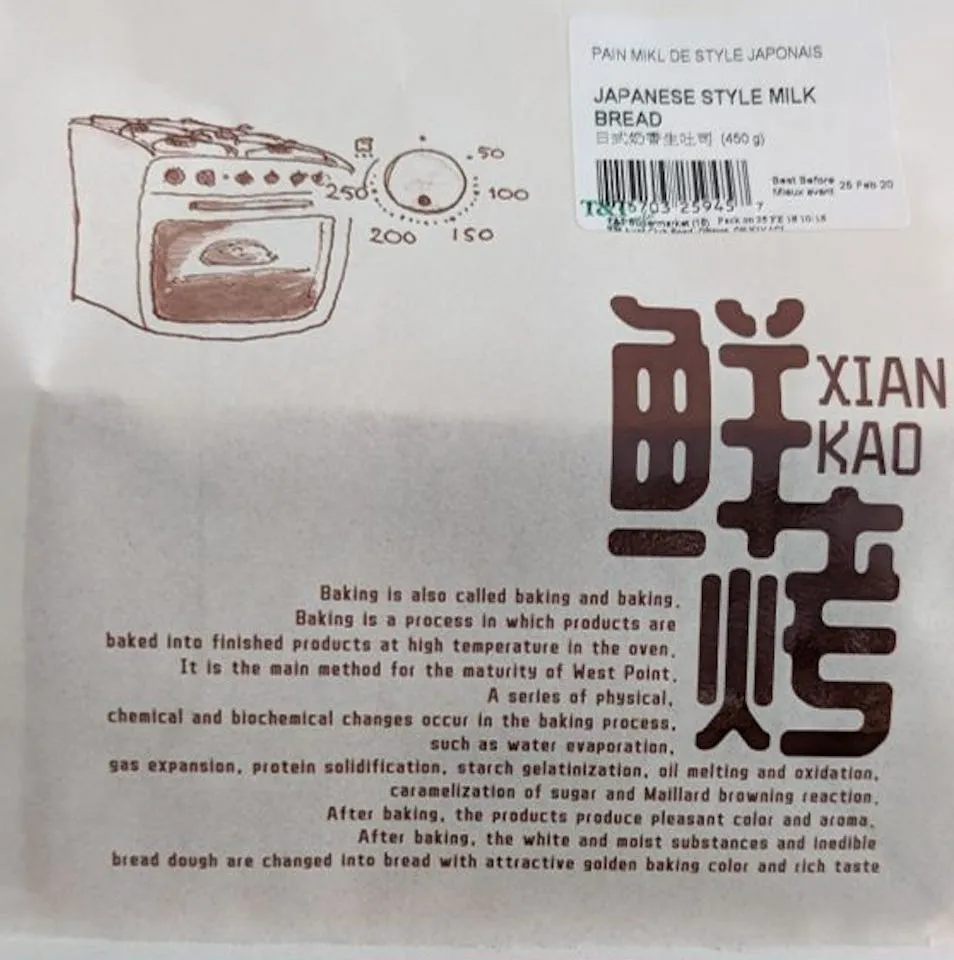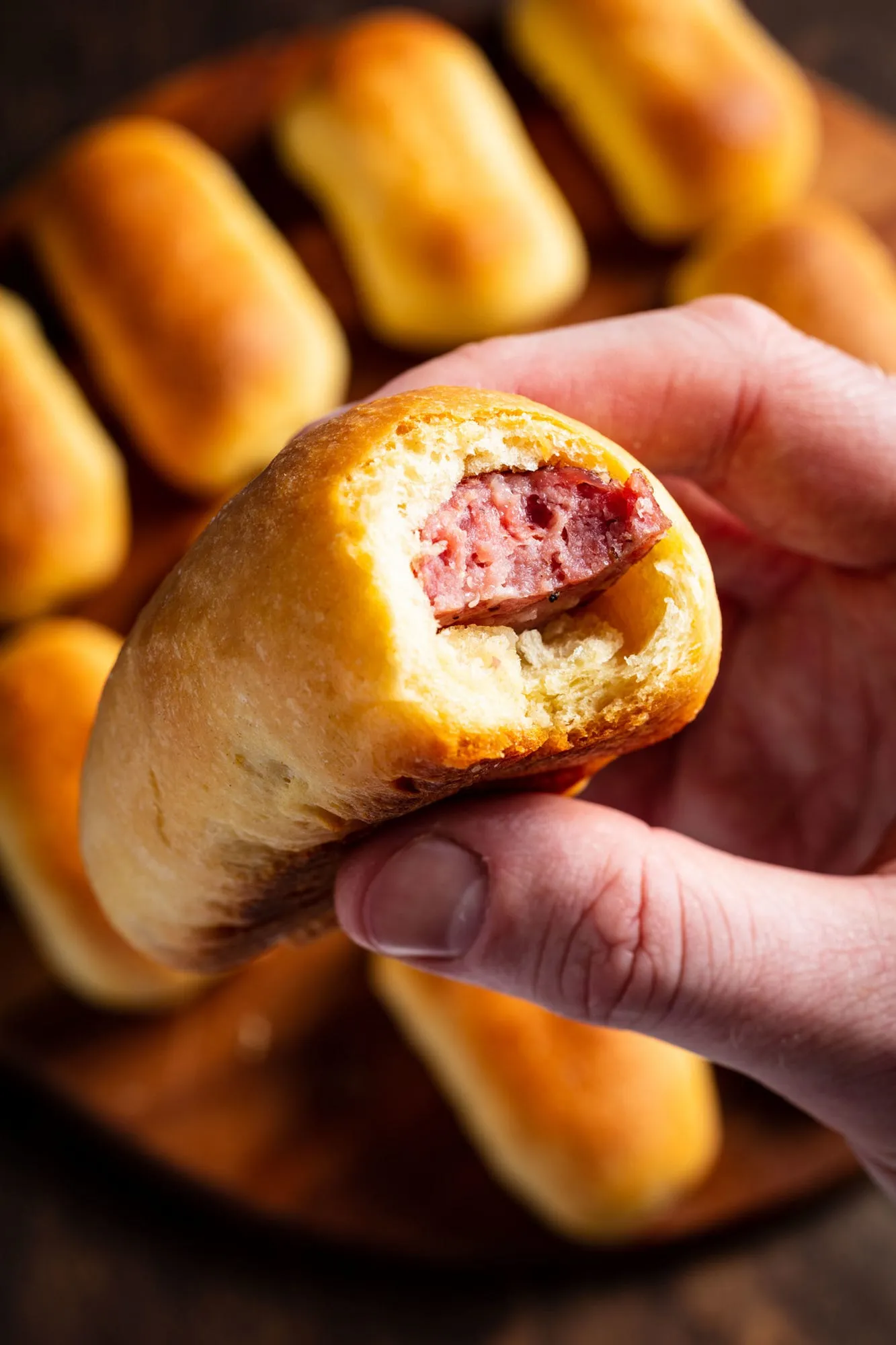Martian's Potato Bunz & Bread
Ditch those other ones for good
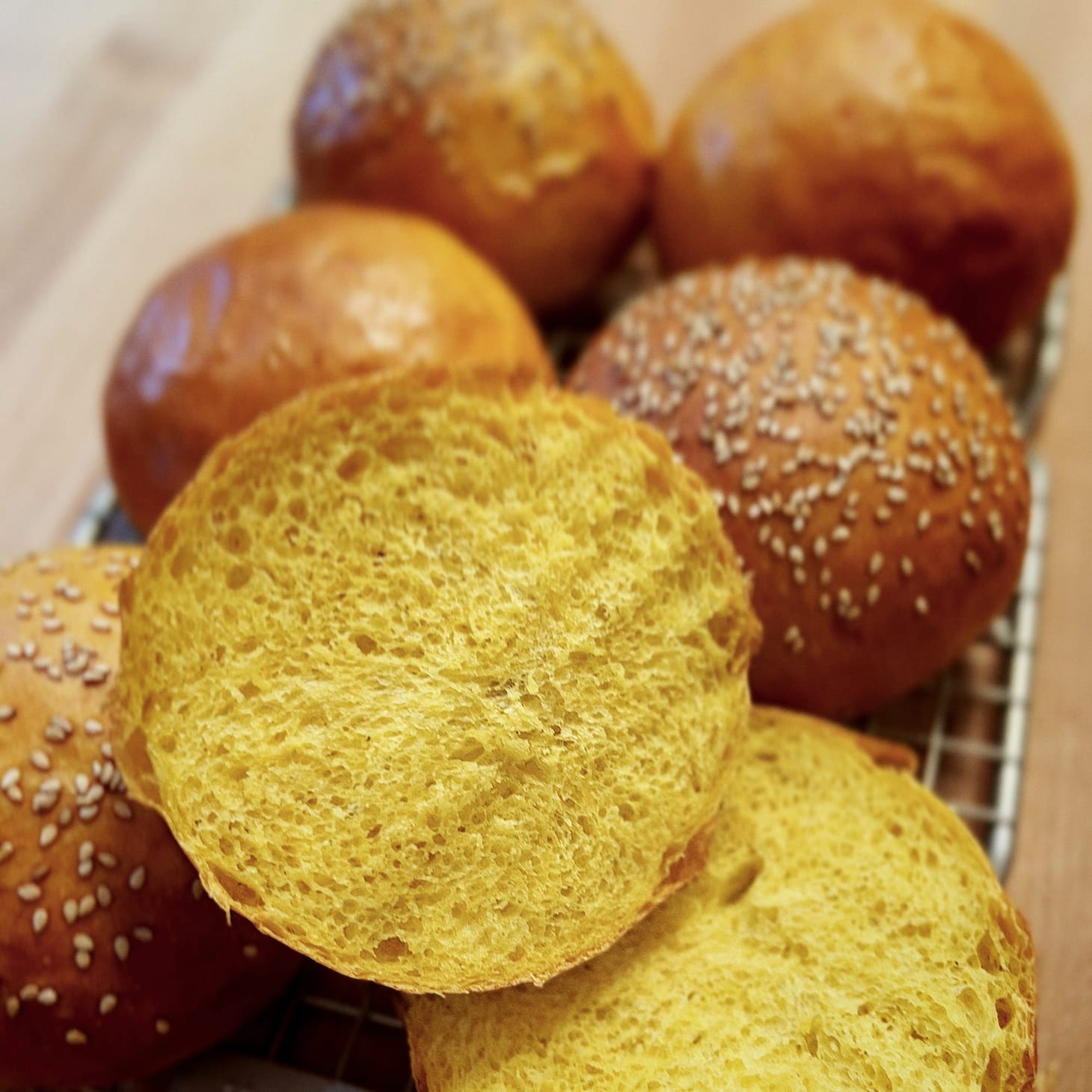
Table of Contents
(Just an FYI, I’m away in VA to teach sourdough & pizza with Tara Jensen this week, so things are a bit jumbled around, schedule-wise. Today I have a recipe in place of a Monday Open Thread, and Wednesday I’ll be sharing a book excerpt from Breadsong, by Kitty & Al Tait. The Friday bread basket should be happening as scheduled.)
At last, I have June’s subscriber recipe ready to share. I definitely plan to make this available to everyone (for reasons), but as it remains very slightly under-polished, instruction-wise, I’m going to share it with paid subscribers first. Despite its under-polishment, it is very good!, maybe my favorite squishy-bread recipe yet. It’s a close relative of my Edible Boston potato bun recipe, but using actual mashed potatoes instead of potato flakes, some adjustments to the formula for a bit more structure, and details for shaping into a wide variety of products (pan loaves, burger and slider buns, and hot dog buns).
It also utilizes the potato cooking liquid, for extra starch & nutrition, because Nigella told us to:
I don’t have an explanation for this effect, but I do think that there is something to the notion that whatever is in the cooking water (beyond the sloughed-off starches) improves rise, because I found I needed to dial down the yeast here a little to avoid overproofing. Because much of the nutrients and minerals in potatoes are found in and just beneath the peels, I add them to the pot while cooking the cubes, to extract every last drop of potato goodness.

Here it is, in loaf form, with its squishiness on full display (the breads shrink ever-so-slightly upon cooling to create that elephant-skin like wrinkling):
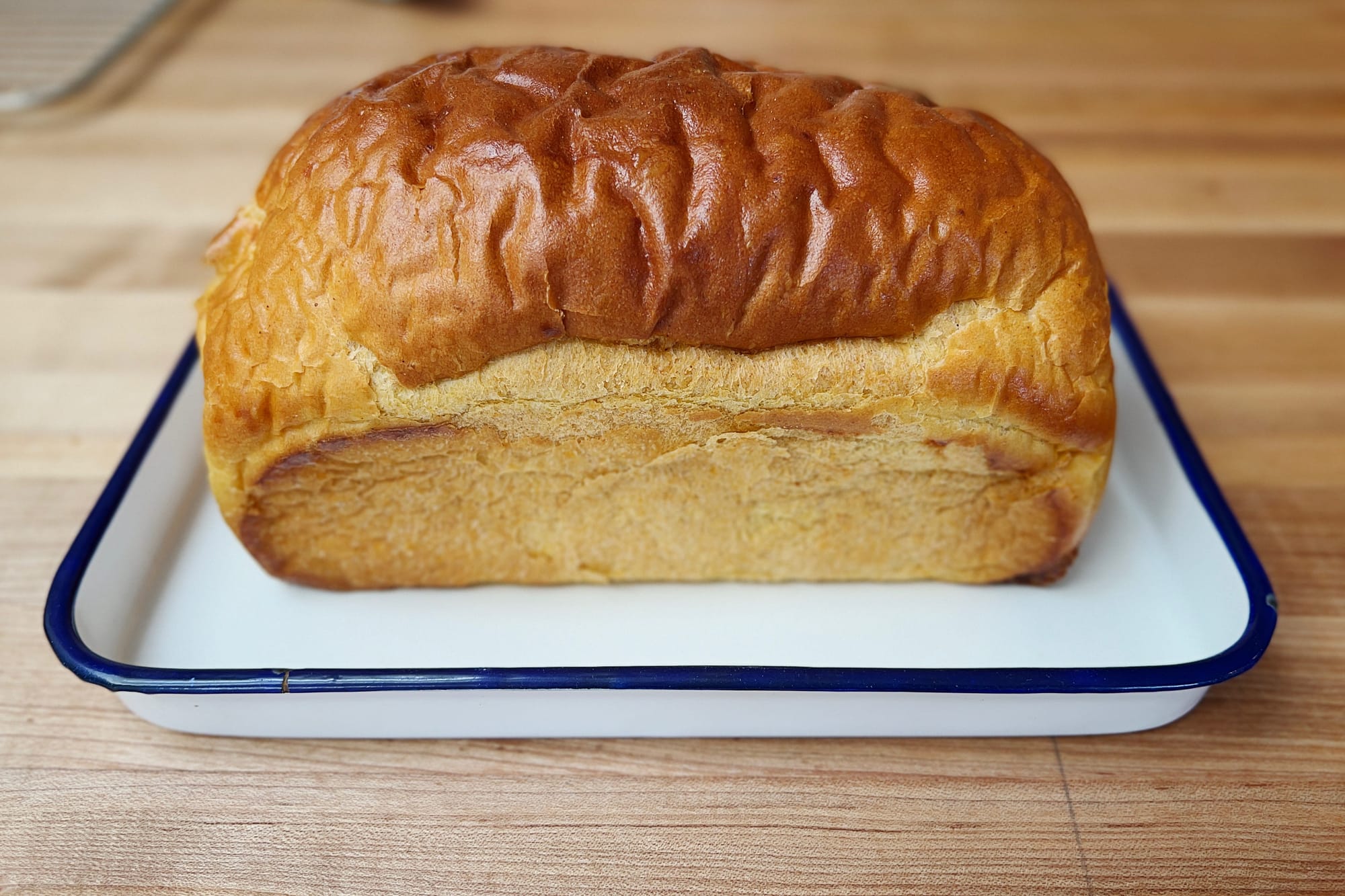
This bread is one I am going to be teaching (along with a related brioche) in my upcoming King Arthur in-person enriched breads workshop, and part of a larger project to develop a unified theory of enriched breads, of which I will have more to say soon.
—Andrew
Martian's Potato Bunz & Bread

Martian's Potato Bread And Bunz1.25MB ∙ PDF fileDownload
Makes about 1200g dough (see recipe steps for numbers)
- In a pinch, you can also use dried mashed potato flakes in place of fresh potatoes here. Just mix the dried flakes in a 1:3.5 ratio by weight with water (i.e., 55g potato flakes and 185g water).
- To create the signature Martian's Bunz sunny color, use ground turmeric and annatto as directed.
- For a vegan version, replace the butter with refined coconut or vegetable oil and the honey with sugar.
- Depending upon which shape you choose to make, you might have leftover dough (there’s NO way to make one universal recipe for each shape, alas). Just use the remainder to make freeform buns or a small pan loaf if there’s enough.
Potatoes
320g floury potatoes (like Russets or Yukon Golds)
48g (3 1/2 tablespoons) unsalted butter, cut into 3 pieces
Dough
265g cool room-temperature (70˚F) potato cooking liquid, from above, along with water, milk, or plant milk (if needed)
1/4 teaspoon turmeric (optional)
1/4 teaspoon ground annato (optional)
48g (2 1/4 tablespoons) honey
545g high-protein all-purpose (or bread) flour
9g (2 1/8 teaspoons) instant yeast
11 grams (2 teaspoons fine) salt
1 egg, beaten with 1 teaspoon water and a pinch of salt
sesame seeds (optional)
- For the potatoes: Peel the potato, reserving the peels, and cut into 1/2-inch cubes. Place the potatoes, peels, and enough liquid to cover them completely in a medium saucepan. Bring to a boil over high heat, cover loosely, reduce heat to maintain a gentle simmer, and cook until potatoes are tender, 15 to 18 minutes. Drain, reserving the cooking liquid. Remove and discard the peels. Once the potato is cool enough to handle, mash into a smooth paste or pass through a ricer. Weigh out 240g and snack on the remainder. Transfer to the bowl of a stand mixer, add the butter, cover loosely, and let sit until cooled to room temperature, about 30 minutes.
- For the dough: Measure out 265g of the potato cooking liquid, along with additional water, milk, or plant milk if necessary. Add to the mixing bowl, along with the honey and spices (if using) and whisk by hand until uniform. Add the yeast and bread flour to the bowl, and, using a dough hook, mix on low speed until combined and no dry flour remains, 2 to 3 minutes. Cover and let sit for 20 minutes.
- Add the salt and mix on low speed until combined, about 1 minute. Increase to medium and mix until dough clears the sides of the bowl, 8 to 10 minutes.
- Desired dough temperature: 75˚F.
- Transfer the dough to a medium bowl, cover loosely, and let sit at 75˚F (24°C) until about 1.5x in volume, 60 to 120 minutes, folding the dough with lightly-moistened hands after 45 minutes.
- Cover the dough tightly and refrigerate for at least 2 hours and up to 24. (If chilling for more than 2 hours, remove the dough from the fridge an hour or so before dividing and shaping to let it warm slightly.)
- Transfer the dough to a lightly floured counter and dust the top of the dough lightly with flour. For burger buns, divide into 12 equally-sized pieces, about 95g each; for slider buns, divide into 18 equally-sized pieces, about 65g each. For hot dog buns, divide into 8 equally-sized pieces, about 100g each. (Note: you’ll have leftover dough here, use this to form buns or a small pan loaf.) For pan loaves, divide into 2 equally-sized pieces, about 600g each. Form each piece into a taut round. Cover loosely and let rest until relaxed, 20 to 30 minutes.
- For burger or slider buns: Line two rimmed baking sheets with parchment paper. On a lightly floured surface, flour exterior of each dough round to avoid stickiness and firmly press into 3½ inch disks (2½ inches for slider buns) of even thickness, expelling large pockets of air. Arrange on a prepared baking sheet, spaced evenly apart. Cover loosely and let rise at room temperature until almost doubled in size, 30 to 45 minutes.
- For hot dog buns: Grease a 13- by 9-inch metal cake pan. On a lightly floured surface, flour the exterior of each dough round to avoid stickiness and firmly press into 5-inch disks of even thickness, expelling large pockets of air. Fold the top third of dough over the center and press to seal; rotate dough 180° and repeat. Fold the dough again in half lengthwise and seal seam beneath the heel of your hand (do not seal the ends). Roll the log gently under palm to form a 5- to 6-inch log and transfer to the prepared pan. Repeat with the remaining dough balls, spacing the logs evenly apart in the pan in 4 rows of 2 logs. Cover loosely and let rise at room temperature until rolls are almost doubled in size and touching one another almost completely, 30 to 45 minutes.
- For pan loaves: Grease two 9- by 5-inch or 8.5- by 4.5-inch pans. Pat and stretch the dough round into a 7- by 4-inch oval, with its short sides parallel to the counter edge. Roll the dough like a carpet toward you into a firm cylinder, keeping the roll taut by tucking it under itself as you go. Pinch the seams closed and roll the log over seam side down. Gently roll the log back and forth under cupped hands until it is about 5 inches long. Place the loaf seam side down in the prepared pan, pressing the dough gently toward the pan’s corners (the dough may not fill the pan completely). Cover loosely and let rise at room temperature until almost doubled in size, 30 to 45 minutes.
- About 30 minutes before the breads are fully risen, adjust your oven racks to the upper- and lower-middle positions (or just the lower-middle for two pan loaves) and heat the oven to 325°F (or 300˚F with convection).
- Brush the exposed surfaces of the breads gently with egg wash. Let sit for 5 minutes, then repeat. Top with sesame seeds, if using.
- Bake the breads until their top crusts are deep golden brown and at least 205˚F at the center, 25 to 35 minutes for smaller rolls, and 35 to 45 minutes for pan loaves, rotating the pans at the halfway mark. Transfer the pan(s) to a wire rack and cool for 5 minutes. Transfer the breads from the pan(s) to the rack and allow to cool for at least 1 hour before serving (2 hours for the pan loaves).
- Once cool, store in plastic bags or enclosed containers.
wordloaf Newsletter
Join the newsletter to receive the latest updates in your inbox.
